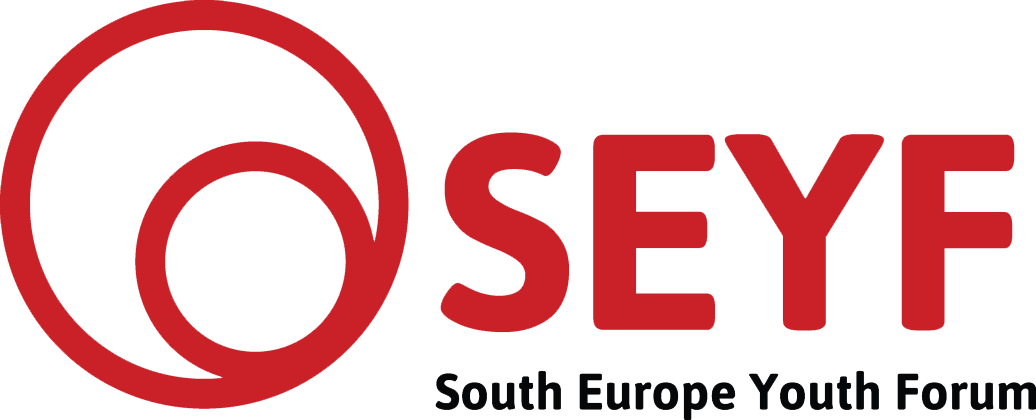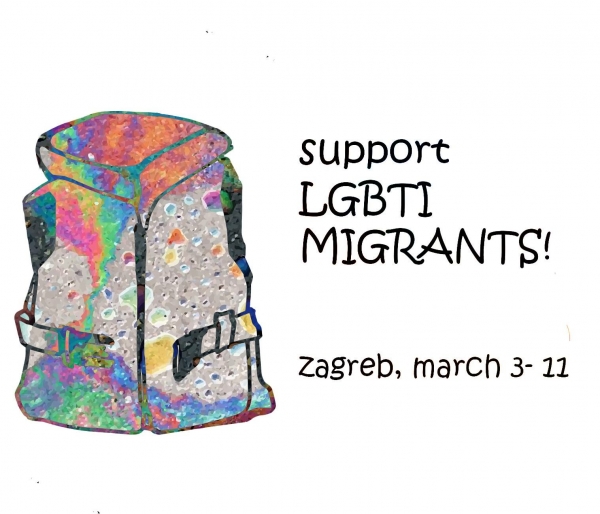"No human being is illegal. Human beings can be beautiful or more beautiful, they can be fat
or skinny, they can be right or wrong, but illegal? How can a human being be illegal?” - Elie Wiesel
The name of the project I attended was ‘Support LGBTI Migrants’ a training course under KA1 of the Erasmus+ program coordinated by Platypus and consisted of a non-formal learning approach to several topics during the 7-day course. The topics covered during the training course were the social exclusion of LGBTI refugees and migrants, lack of employment and safe housing, difficulties encountered by LGBTI refugees seeking asylum and stereotypes in the media. On the final day, new project ideas were created by the participants for future ERASMUS+ exchanges.
My interest in applying for this exchange was for educational and personal reasons. Firstly, I wanting to gain more knowledge on LGBTI refugees and migrants through a non-formal approach, where I could participate in workshops with individuals from different countries who could share their different experiences with me. I also wanted to meet different people who shared common interests with me and be able to continue working with them even after the training was finished. On a personal level, I believed this training course would allow me to come out of my comfort zone when talking about certain issues and gain more confidence when it came to presenting ideas and participating in workshops.
I believe this training course was a powerful way to inform and further educate individuals regarding the real issues LGBTI migrants and refugees face. This course allowed me to challenge myself in coming up with ideas and solutions which might help LGBTI migrants and refugees. Although the participants came from different backgrounds and we spoke different languages, it was heartwarming to see how we all opted for change and expressed how we wanted to help LGBTI migrants and refugees in any way we could. Not only did this exchange allow the participants to share their experiences and knowledge on the topic, it also allowed us to create projects which were designed to further offer knowledge and support to LGBT migrants and refugees.

